Since it's almost that time again, winter readiness and safety tips must come in hand. Preparing your house for winter weather can seem like such hard work. But it's a must because you have to be prepared for the seasonal challenges, such as a snowstorm. So, here are tips you should know!
Foolproof Winter Readiness Tips for Ordinary People
Preparing for winter can be so daunting. It's like promising yourself to lose weight and eat better. Or get control of your finances. Sure, it is a nice goal, but where should you start?
Some may think that winter readiness is for the hard-core prepper types. Or maybe those who live where services aren't available in inclement conditions.
But nope. Being prepared is for everyone, and it is easy to do. You can ease into it piece by piece.
Case in point: No matter how hungry you are, you will not eat an entire apple. Instead, you'd bite it off into manageable chunks. In the same manner, you can get ready for winter bite by bite.
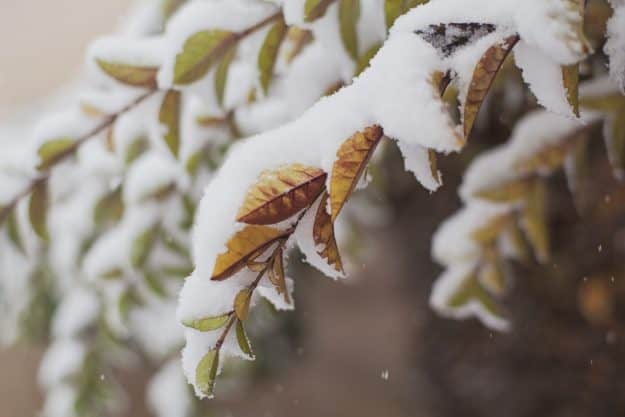
To make winter readiness easier, the trick is to start right now. Don't wait until the weatherman mentions the slightest possibility of snow in his nightly forecast.
First off, keep the idea of winter as you go about your normal day. When you feed the cat in the morning, be aware of how much is left in the bag. With Murphy's Law in mind, picture this: Eating something that had been prepared without the use of electricity. Would it be any good? Or would you have to settle for a bowl of dry raisin bran and a side of cold canned spinach?
And how about being able to light your way during a power outage? You probably have a flashlight and have been meaning to stock up on batteries, but have been saving the task for when you have a whole day to devote to winter readiness.
Don't wait until you have ample time to do it all at once because that might never happen. Just bite off a chunk to do right now, and do it.
1. Ensure You Have An Emergency Light Source
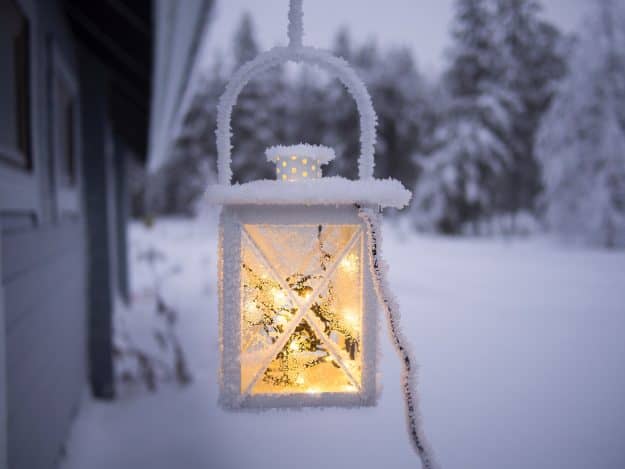
During a winter storm, there is a possibility of losing power. Therefore, you need a backup source of light. Sure, you can forego your television and other electricity-powered appliances. But never light. I recommend that you make that your first priority. Because no matter how well you've prepared other necessities, they'll do you very little good in the dark. Also, you and your family will feel more secure. Plus, you'll have a can-do attitude in an emergency if you are able to see.
Except for tiny tots, every member of the family should have their own emergency light source. The size and quality of the lights can vary greatly, from cheap tiny pushbutton keychain lights that use a single AAA battery to a large powerful floodlight. It's a great idea to always have at least one good-quality flashlight on hand, give the kids little lights to keep on their nightstand, and keep a decent battery-operated camping lantern for family ambiance and convenience.
2. Equip Yourself With Batteries
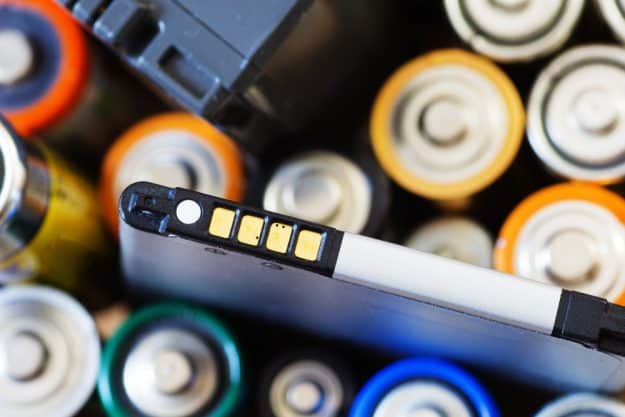
Batteries can be expensive, so it's a good idea to grab a multi-pack of them every time you shop, instead of trying to buy them all at once. Keep them all together in a container so that taking inventory is easy and you can assess your needs every time you reach in for replacements. You don't want to fight the crowds the night before a big snowstorm arrives, only to find the battery aisle picked clean.
Batteries are not the only thing that will be swooped up by panicking unprepared people when bad weather is coming…
3. Stock Up On Food
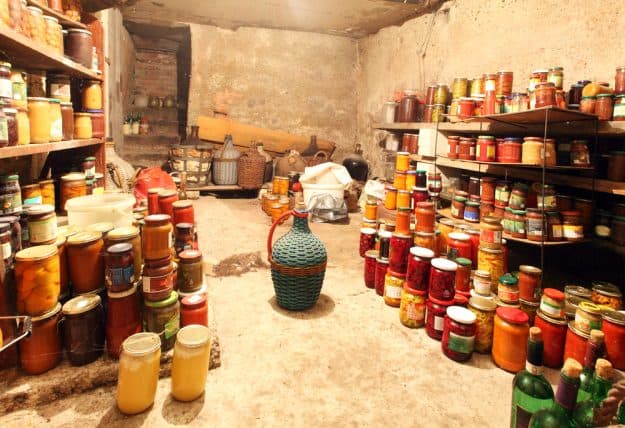
Staples like bread, milk, canned goods, and shovels are often wiped off the shelves in the hours before a storm hits, even in northern climates where cold and snow are almost guaranteed to happen and ought not to have taken anyone by surprise.
You don't have to get caught up in the nightmare of empty shelves and long lines and slippery roads. Starting now, just add a little bit extra to everything you buy, and start tucking away the extra as it accumulates. Even if you don't have the storage space in your kitchen – actually, it's even better if you don't, because if you store it somewhere else you won't be tempted to use it up in your everyday life and forget to replace it. You can probably fit a box of packaged toaster pastries in the laundry cabinet, and hide some bags of ready-to-eat tuna or rice mix on the top shelf in the baby's room. You can even easily store a collection of canned goods under your dresser or bed, pushed all the way back where they won't show.
You can buy some dry milk to have on hand, just in case. It might not be anyone's favorite, but it will taste better than tomato juice on cereal in a pinch. It's wise to keep a loaf of bread in the freezer, too, rotating it out with a fresh one every so often.
4. Don't Forget To Hydrate
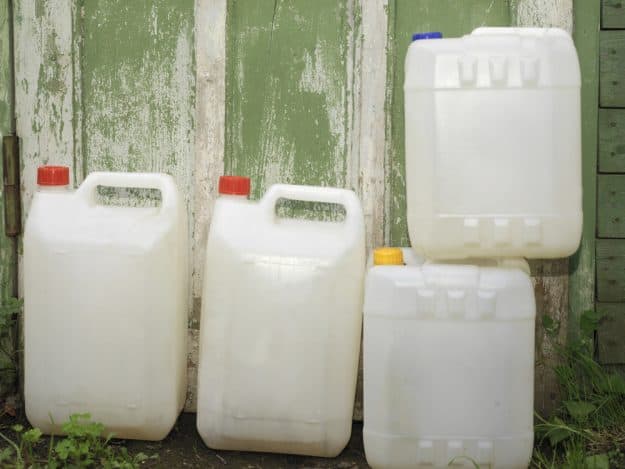
One of the most important things to make sure you have on hand is the thing people often forget: water. You will need it for drinking and cooking most of all, but you will appreciate having enough on hand for personal hygiene also. We keep drinking water in sanitized glass jars at all times, along with two five-gallon plastic jugs for animals, and some kitty litter buckets filled with water for flushing.
5. Stay Warm
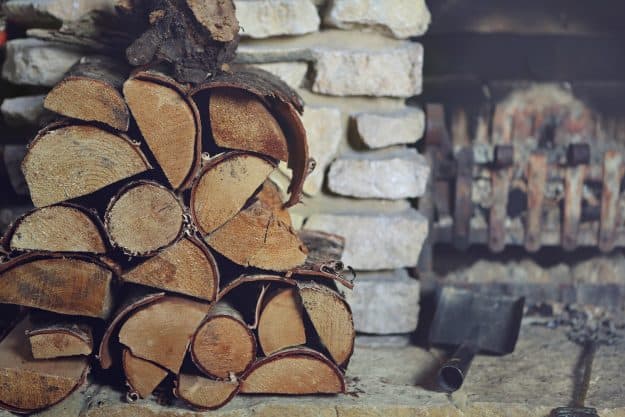
Of course, you need to feel warm, especially when the power is out and you have no generator to keep the heater on. Plan ahead to make sure that whatever makes sense for your particular climate and family is available when you lose your primary heat source.
Firewood, generator and warm blankets, or whatever will work when the heat goes out. You need to take care of it now, not when all the seasoned wood is sold out and there's no time to learn to operate a generator safely.
6. Plan for Snow
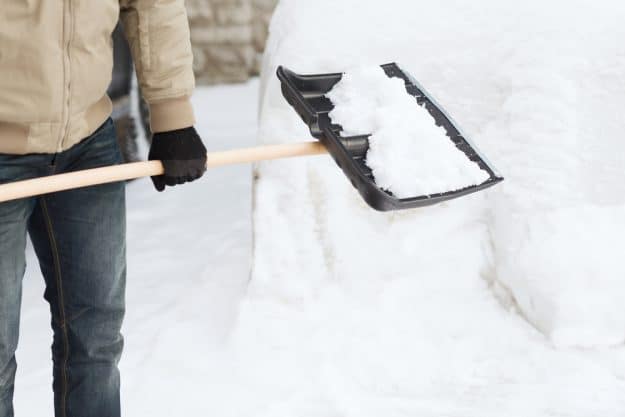
Buy a snow shovel if there is a possibility of snow where you live. And maybe even if you think there isn't. If you live in a snow country, get a good quality one which will stand up to heavy use. If you live in cramped quarters and don't have adequate space to store a shovel, consider storing it in the trunk of your car.
7. Don't Forget Your Pets

While everybody's out to check for batteries, groceries, water, and whatnot, your pets should also be taken care of, if you have any. You have to keep extra food on hand for them. If you make it a habit to put it on your shopping list the minute you open a new bag of dry food, you'll always be at least a few weeks ahead of running out.
8. Double Check Your List

You will want to fine-tune this very basic list to meet your own needs. Don't let yourself get too low on medications – if you are in a geographical situation that could leave you stranded without it for days. Talk to your doctor about making sure your prescription is adequate to keep you supplied.
If your regular days include other must-haves like coffee or tobacco or chocolate, set aside a little stash for yourself. Even if you don't lose power, you could end up spending a snow day cooped up with irritable kids or a restless pet, and it won't be the time for trying to live without the things that bring you peace.
Need more tips for winter preparedness? Check out this video from The Sgt Fruitcake about vehicle essentials:
The key to winter readiness is to start small and to start now. With any luck, there won't be any winter weather that cancels schools or makes the roads impassable or keeps people housebound without power. But if there is, you can rest easy, knowing you have all you need to weather the storm in comfort.
Are there other tips you can share on winter readiness? Or do you have any homesteading projects you’d like to share? Share it with us in the comments section below! We’d love to know what you think!
Up Next: 36 Cold Weather Hacks to Keep You Cozy This Winter
Follow us on Instagram, Twitter, Pinterest, and Facebook!
Editor’s Note: This post was originally published on October 2015 and has been updated for quality and relevancy.

Leave a Reply